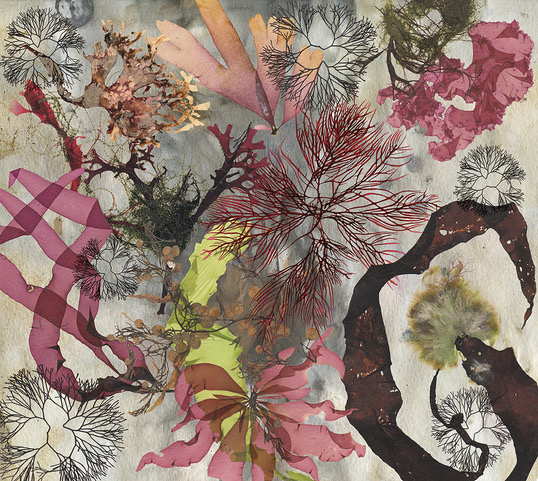Please join us for the next AFS/NED SNEC DEI Discussion – Thursday, August 11 at 2PM
For the Zoom link please check your emails from the SNEC listserv, or email [email protected]
Topic: Bystander Training in Fisheries Science: Promoting Respect and Equality in the Workplace
Discussion Facilitator: Aubrey Ellertson, SNEC President, and Research Biologist, Commercial Fisheries Research Foundation
Please watch and read the resources below:
- Module 1: Shipboard Civility- Fostering a Respectful Work Environment at Sea (10:27 min)
- Module II: Approaches for Productive Interactions At Sea (11:28 min)
- Clancy, K.B.H., Nelson, R., Rutherford, J.N., and Katie Hinde. 2014. Survey of Academic Field Experiences (SAFE): Trainees Report Harassment and Assault
https://journals.plos.org/plosone/article?id=10.1371/journal.pone.0102172
Abstract
Little is known about the climate of the scientific fieldwork setting as it relates to gendered experiences, sexual harassment, and sexual assault. We conducted an internet-based survey of field scientists (N = 666) to characterize these experiences. Codes of conduct and sexual harassment policies were not regularly encountered by respondents, while harassment and assault were commonly experienced by respondents during trainee career stages. Women trainees were the primary targets; their perpetrators were predominantly senior to them professionally within the research team. Male trainees were more often targeted by their peers at the research site. Few respondents were aware of mechanisms to report incidents; most who did report were unsatisfied with the outcome. These findings suggest that policies emphasizing safety, inclusivity, and collegiality have the potential to improve field experiences of a diversity of researchers, especially during early career stages. These include better awareness of mechanisms for direct and oblique reporting of harassment and assault and, the implementation of productive response mechanisms when such behaviors are reported. Principal investigators are particularly well positioned to influence workplace culture at their field sites.
Additional Resources:
https://fieldworkfuture.ucsc.edu/resources.html#content1-19
Discussion Questions:
-If you’re comfortable sharing with the group, what is one thing you learned from these resources?
-What are some examples of bystander or conflict resolution trainings you have been a part of either through employment or other work?
-What can we learn from the above and apply to our own professional spaces to give individuals access to a fisheries profession-relevant bystander training that applies more closely to their work or field work?
-Are there scenarios that you think are important to be discussed and included in a training?
-What are ways that SNEC/AFS help develop a bystander training that will be applicable and relevant in today’s society?

